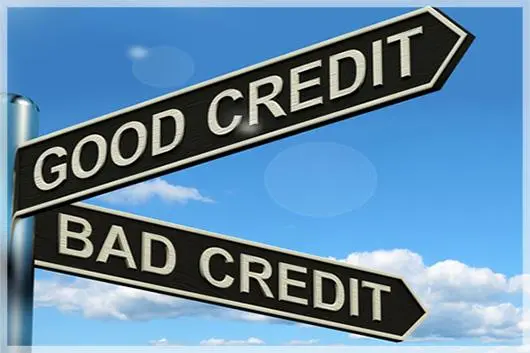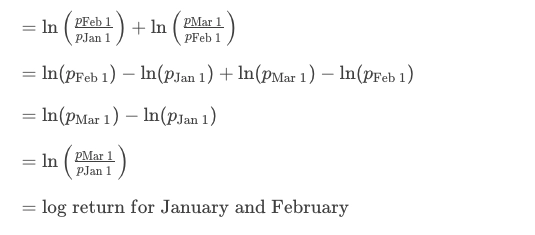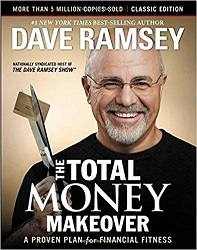Personal financial products are tools that help you manage your money, save for the future, and achieve your financial goals. They include things like bank accounts, credit cards, loans, insurance, investments, and retirement plans. However, not all personal financial products are created equal. Some may suit your needs better than others, depending on your situation, preferences, and objectives. How can you buy the right personal financial products for yourself? Here are some tips from a professional:
Know your needs and goals. Before you buy any personal financial product, you should have a clear idea of what you need and want from it. For example, do you need a bank account to store your money safely and access it conveniently? Do you need a credit card to pay for your expenses and build your credit history? Do you need a loan to finance a big purchase or a project? Do you need insurance to protect yourself and your loved ones from unexpected events? Do you need investments to grow your wealth and generate income? Do you need a retirement plan to secure your future? Knowing your needs and goals will help you narrow down your options and choose the most suitable products for you.
Compare different products and providers. Once you have identified your needs and goals, you should compare different products and providers that offer them. You can use online tools like [Bing] to search for information, reviews, ratings, and comparisons of various personal financial products and providers. You can also ask for recommendations from your friends, family, or colleagues who have used similar products or services. You should compare the features, benefits, costs, risks, and terms and conditions of each product and provider. You should also check the reputation, credibility, and customer service of each provider. You should look for products and providers that meet your needs and goals, offer good value for money, have low fees and charges, have flexible and favorable terms, and have a high level of customer satisfaction and trust.
Read the fine print. Before you buy any personal financial product, you should read the fine print carefully. The fine print is the detailed information that explains the rights and obligations of both parties, the fees and charges, the risks and rewards, the penalties and consequences, and the dispute resolution process. The fine print may contain important information that may affect your decision, such as hidden fees, exclusions, limitations, clauses, and conditions. You should make sure that you understand and agree with everything in the fine print before you sign any contract or agreement. If you have any questions or doubts, you should ask for clarification from the provider or seek professional advice from a financial planner, a lawyer, or a consumer advocate.
Review your products regularly. After you buy any personal financial product, you should review it regularly to make sure that it still meets your needs and goals. You should also monitor its performance, fees, charges, and terms and conditions. You should be aware of any changes or updates that may affect your product or your relationship with the provider. You should also evaluate your satisfaction and experience with the product and the provider. If you find that your product is no longer suitable, beneficial, or satisfactory for you, you should consider switching to a better product or provider. You can use online tools like [Bing] to search for alternatives, compare them, and find the best deal for you. You can also ask for help from a financial planner, a lawyer, or a consumer advocate to guide you through the process of switching.
Buying the right personal financial products can help you achieve your financial goals and improve your financial well-being. However, buying the wrong products can cost you money, time, and stress. Therefore, you should follow these tips from a professional to buy the right personal financial products for yourself. Remember, the best personal financial products are the ones that suit your needs, goals, preferences, and situation.







